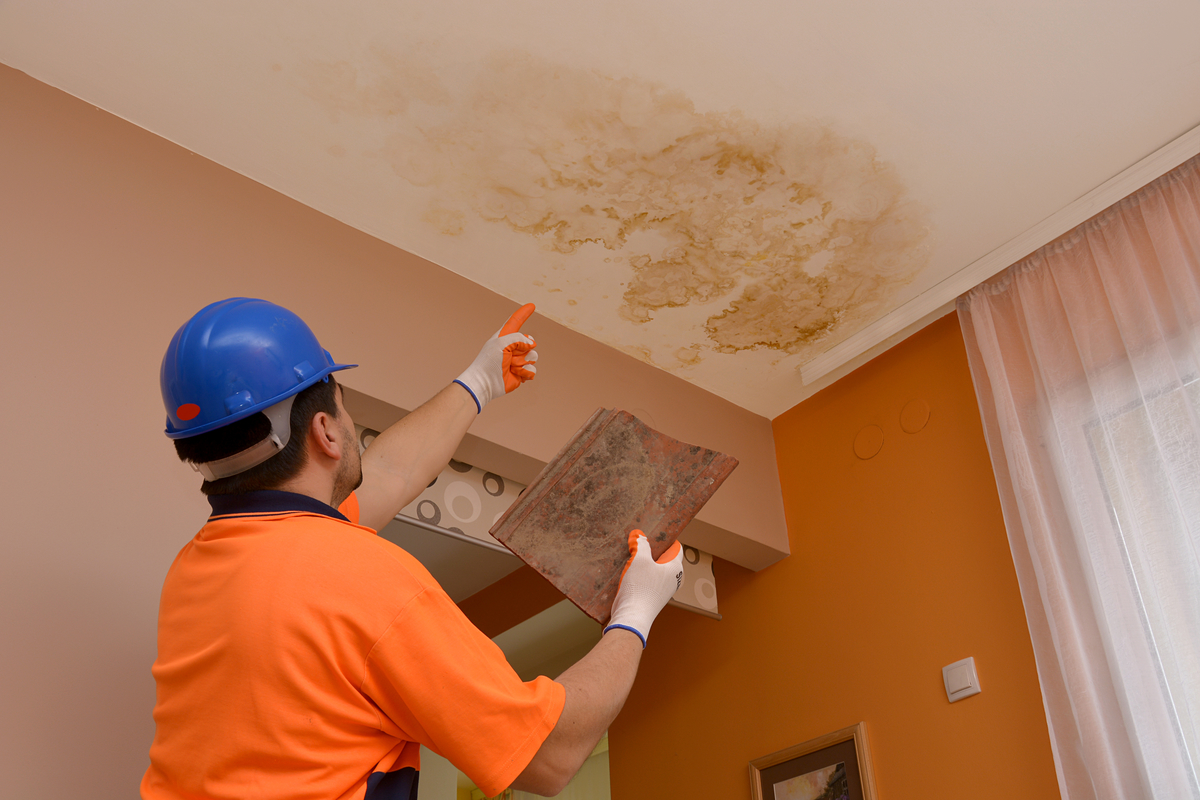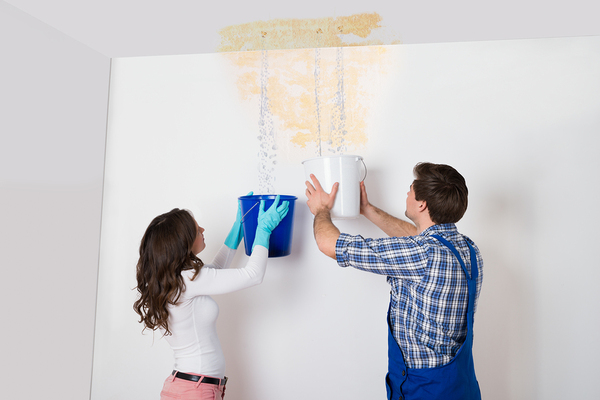Mastering the Six Most Common Water Leaks: Tips for Homeowners
Mastering the Six Most Common Water Leaks: Tips for Homeowners
Blog Article
Here down the page you can locate lots of quality content related to How Fast Water Damage Can Ruin Your Home.

Leaks not just create waste of water yet can also create unnecessary damage to your residence as well as promote undesirable organic development. By recognizing and also looking for day-to-day circumstances that create leakages, you can protect your residence from future leakages and unneeded damage.
Elbowing in roots
A lot of water leaks begin outside the residence instead than inside it. You could observe wet patches or sinkholes in your backyard, and that may suggest that tree roots are getting into water lines creating water to permeate out.
Corroded water systems
As time goes by, your plumbing system ages and rust such as corrosion might begin gnawing the pipes. This may be the root cause of staining or warping on your water pipes. This requires an assessment with your plumber immediately. If our plumbing system is old, think about changing the pipelines since they are at a higher risk of corrosion than the newer designs.
Defective Pipe Joints
The point at which your pipes connect is frequently the weakest link in the waterline. Pipe joints can degrade gradually, leading to water leakages. Regrettably, most of pipeline joints are not easily visible. If you have loud pipelines that make ticking or banging sounds, specifically when the warm water is activated, your pipeline joints are possibly under a great deal of pressure. It is recommended to have your plumber inspect your system annually.
Instant temperature level changes.
Extreme temperature level changes in our pipelines can create them to broaden and get suddenly. This expansion and also contraction might trigger splits in the pipes, specifically if the temperature level are below cold.
Poor Water Connectors
At times, a leakage can be caused by loosened hose pipes and also pipes that provide your home appliances. Generally, shifting is what creates the loose water Links. You might find when it comes to a washing maker, a pipe may spring a leakage because of shaking throughout the spin cycle. In case of a water connections leakage, you might discover water running straight from the supply line or puddles around your devices.
Clogged Drains
Blocked drains pipes might be annoying and also inconveniencing, but they can in some cases wind up causing an overflow resulting in break pipes. Maintain getting rid of any materials that might drop your drains that might block them to avoid such troubles.
All the above are sources of leakages but not all water leaks arise from plumbing leakages; some leaks may originate from roof covering leakages. All leaks ought to be repaired promptly to avoid water damage.
Leaks not just create waste of water yet can also cause unnecessary damages to your residence and also advertise undesirable organic growth. By understanding and also looking for day-to-day situations that cause leaks, you can safeguard your house from future leakages as well as unneeded damages. Today, we will certainly look at 6 leakage triggers that might be creating your pipelines to trickle.
At times, a leakage can be created by loosened tubes and also pipelines that provide your appliances. In instance of a water links leakage, you might observe water running straight from the supply line or pools around your devices.
How To Check For Water Leak In Your Home
How To Check for Leaks
The average household's leaks can account for nearly 10,000 gallons of water wasted every year and ten percent of homes have leaks that waste 90 gallons or more per day. Common types of leaks found in the home are worn toilet flappers, dripping faucets, and other leaking valves. These types of leaks are often easy to fix, requiring only a few tools and hardware that can pay for themselves in water savings. Fixing easily corrected household water leaks can save homeowners about 10 percent on their water bills.
To check for leaks in your home, you first need to determine whether you're wasting water and then identify the source of the leak. Here are some tips for finding leaks:
Take a look at your water usage during a colder month, such as January or February. If a family of four exceeds 12,000 gallons per month, there are serious leaks.
Check your water meter before and after a two-hour period when no water is being used. If the meter changes at all, you probably have a leak.
Identify toilet leaks by placing a drop of food coloring in the toilet tank. If any color shows up in the bowl after 10 minutes, you have a leak. (Be sure to flush immediately after the experiment to avoid staining the tank.)
Examine faucet gaskets and pipe fittings for any water on the outside of the pipe to check for surface leaks.
Undetected water leaks can happen without the home or business owner even realizing. If you suspect a water leak, but not able to find the source. It is time to contact a professional water leak detection service, The Leak Doctor.
How To Find a Water Leak In Your Home
https://www.leakdoctor.com/blog/How-To-Check-For-Water-Leak-In-Your-Home_AE197.html

As a devoted person who reads on Common Water Leaks In House, I imagined sharing that piece of content was worthwhile. For those who enjoyed reading our blog posting kindly be sure to share it. We value reading our article about How to Find Water Leaks.
Book 24/7 Report this page